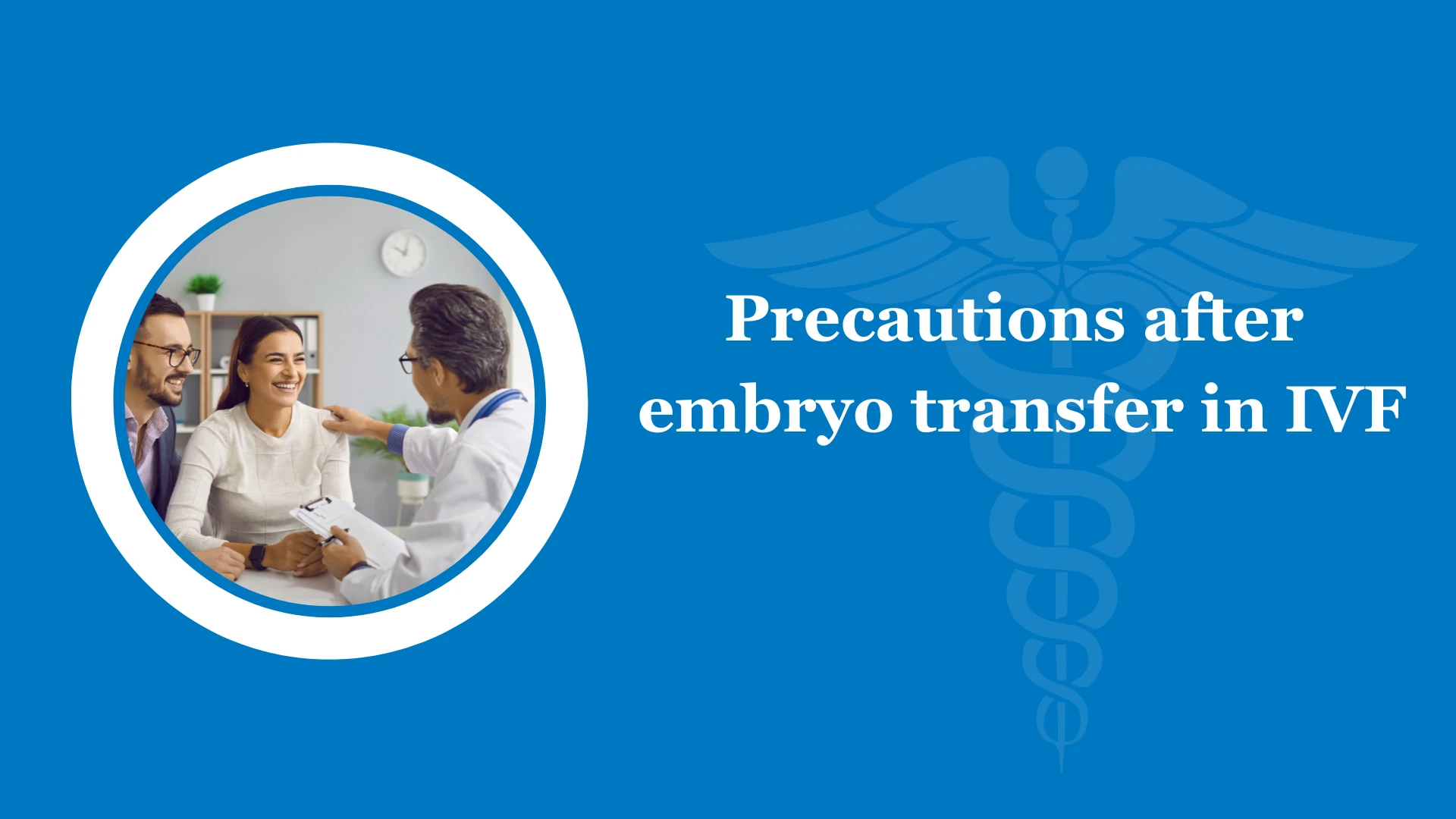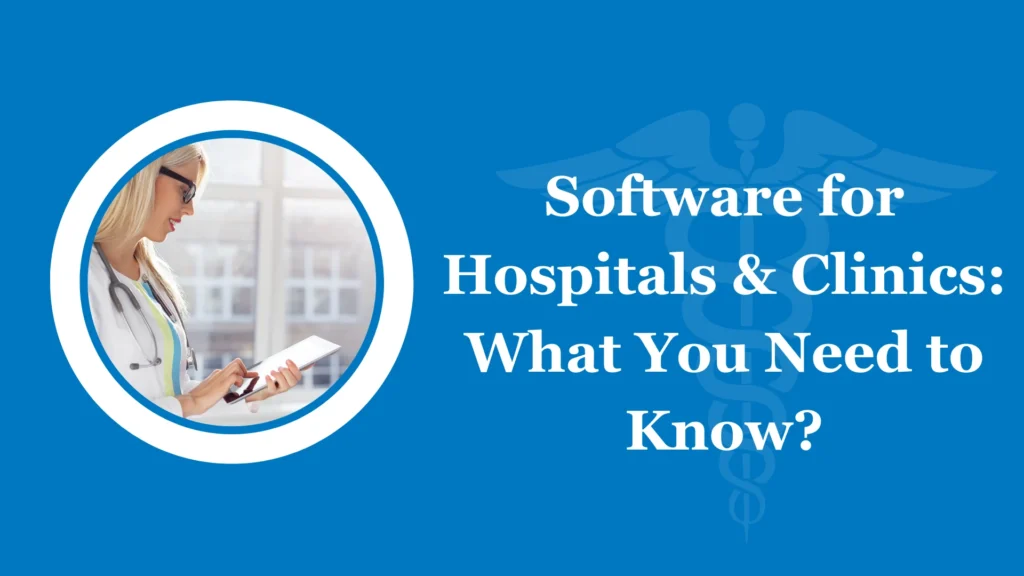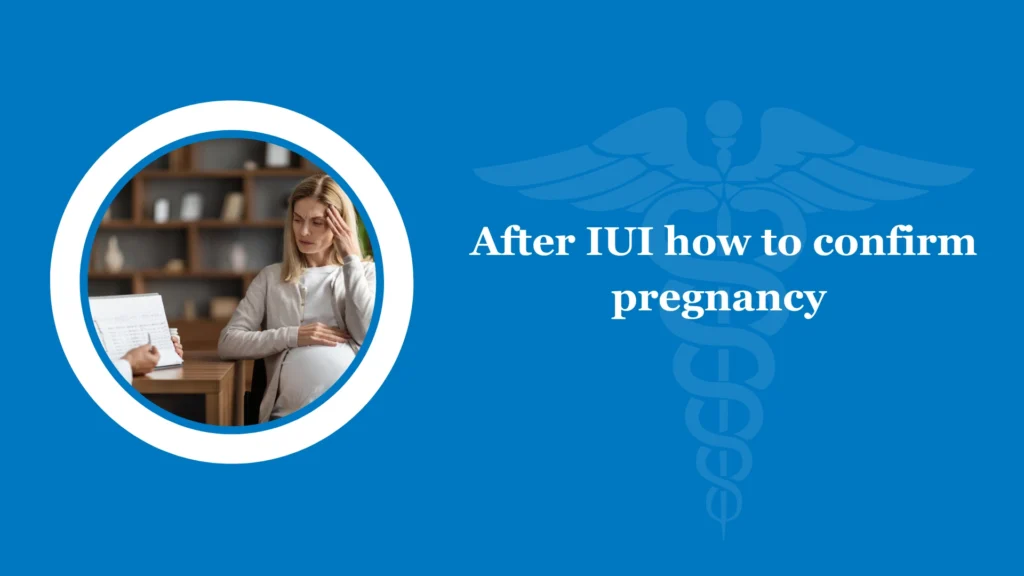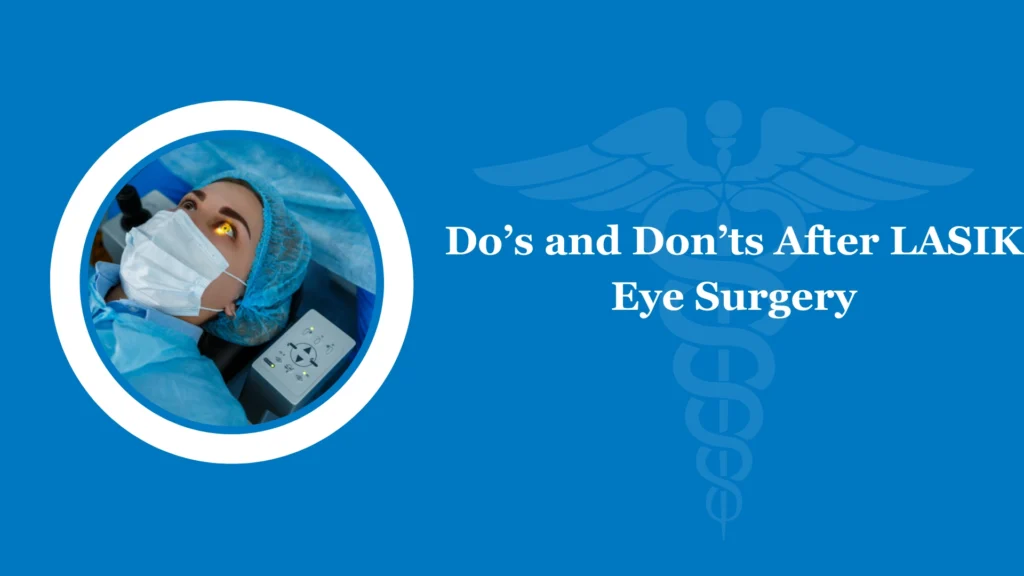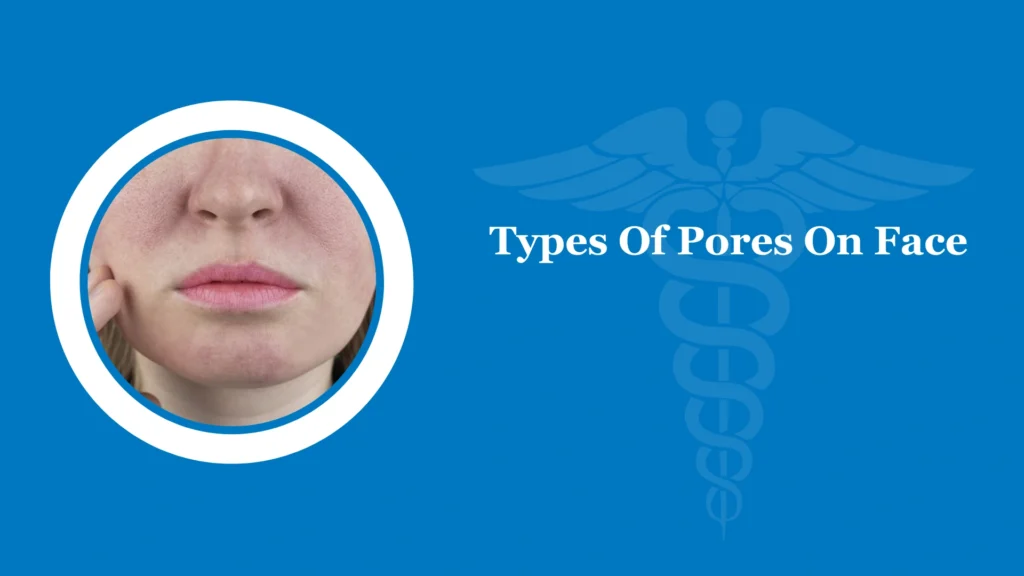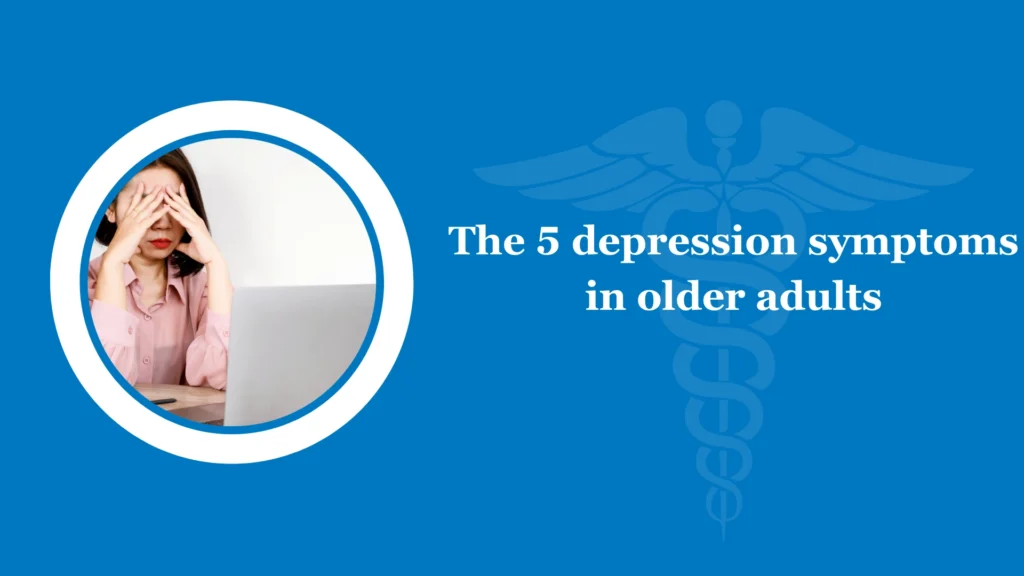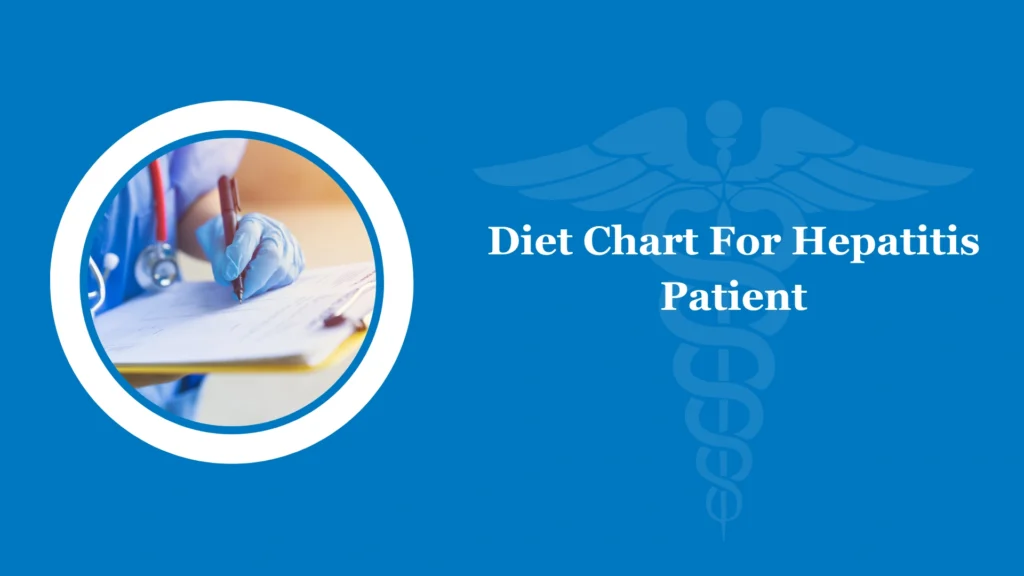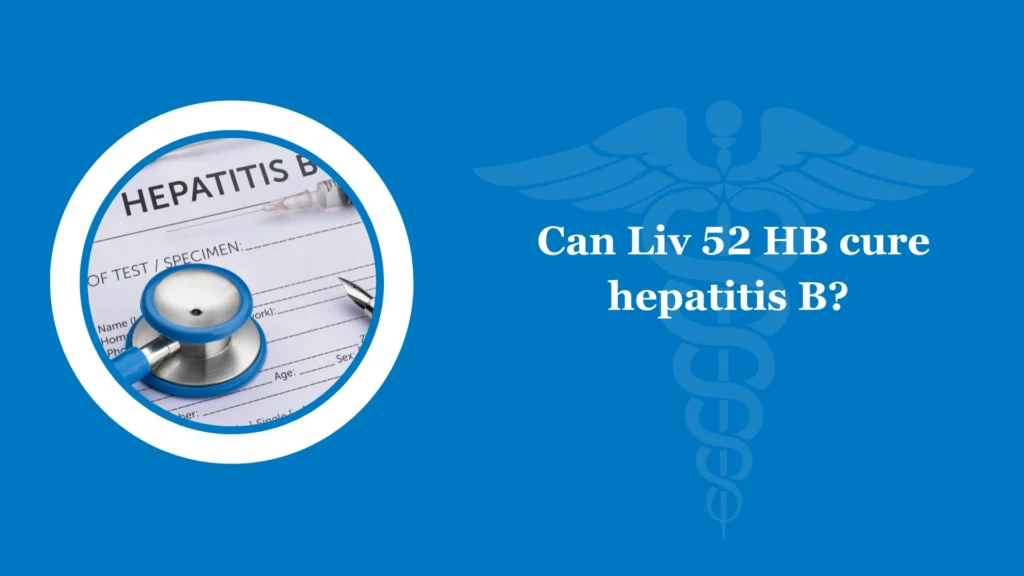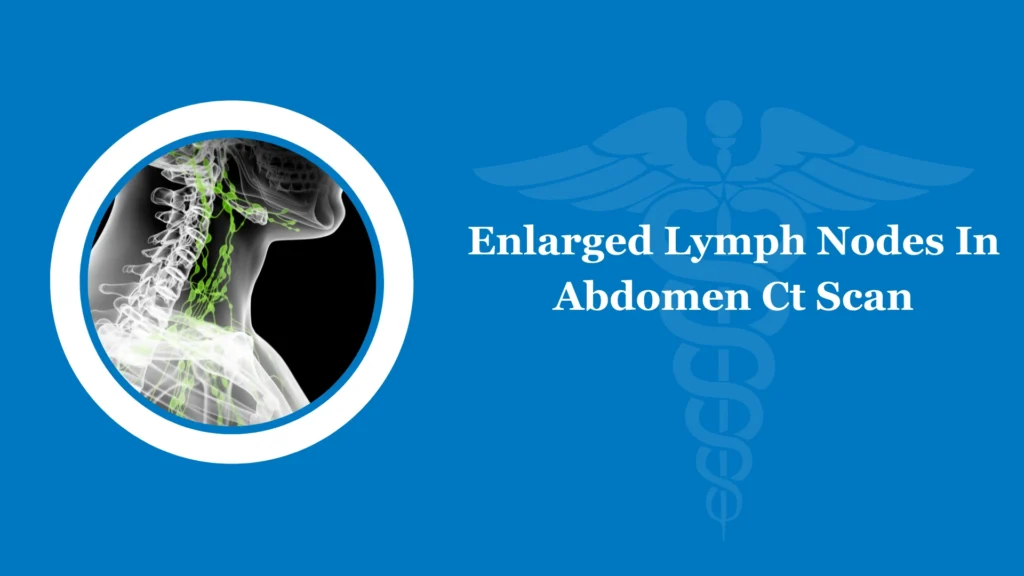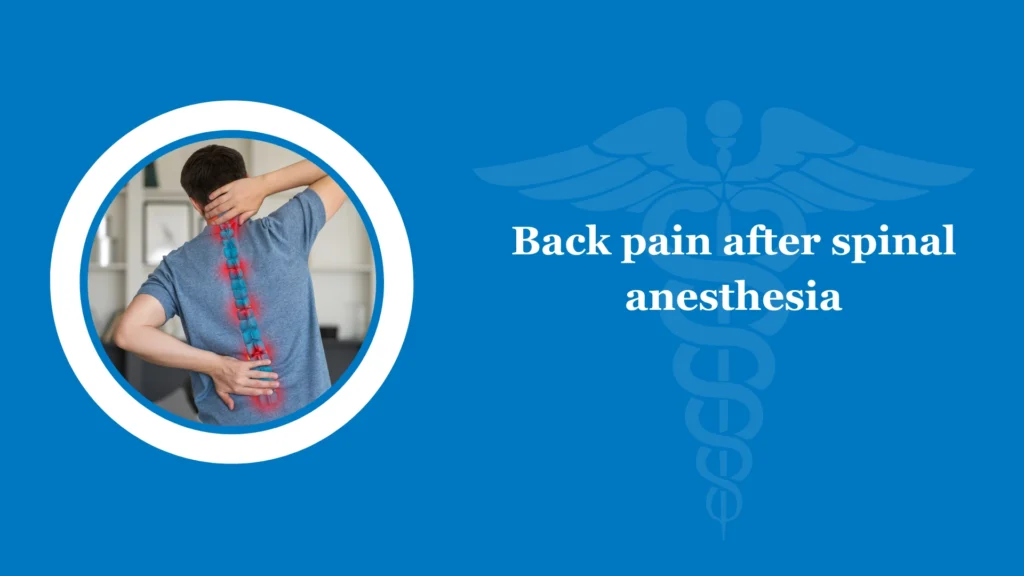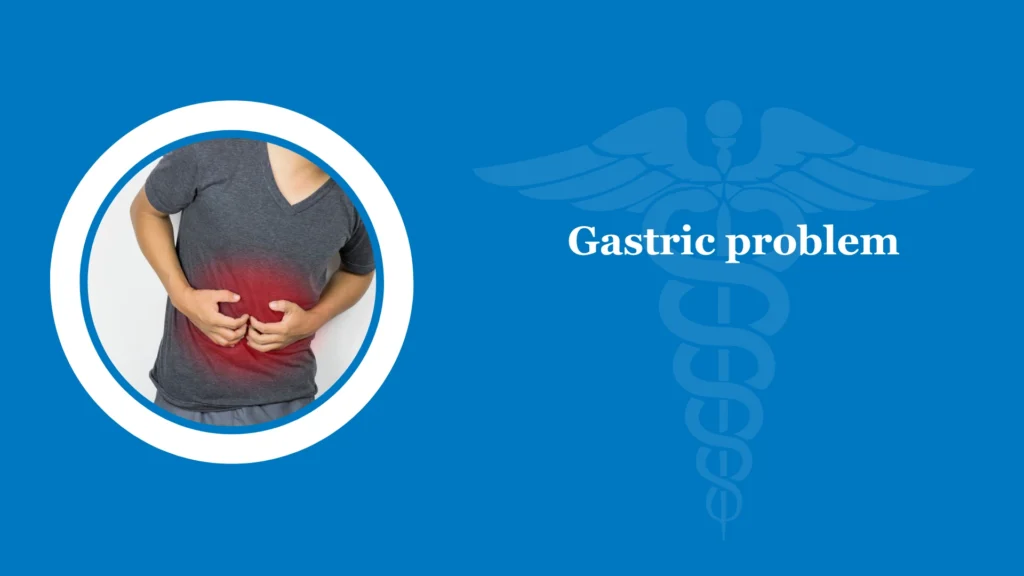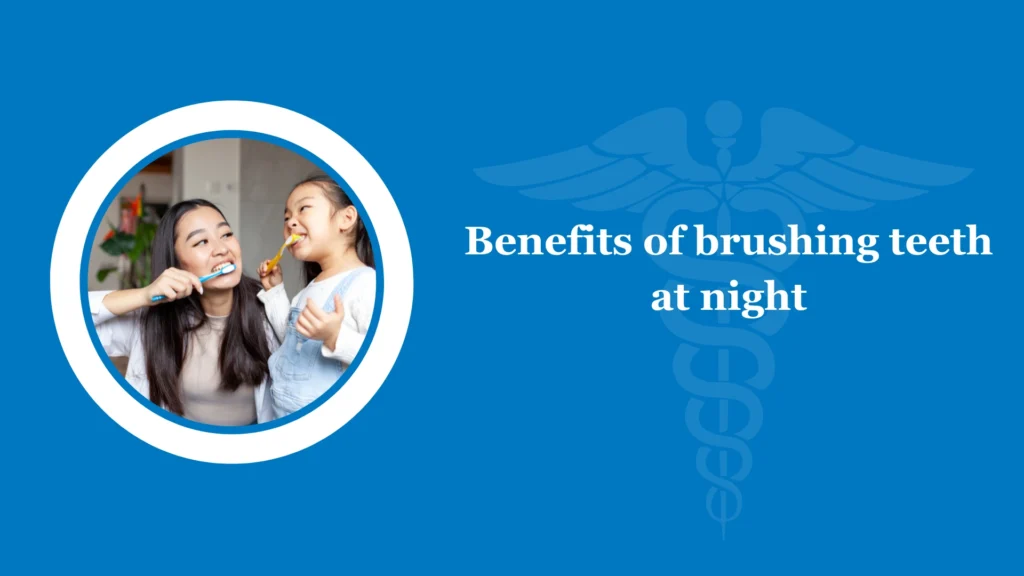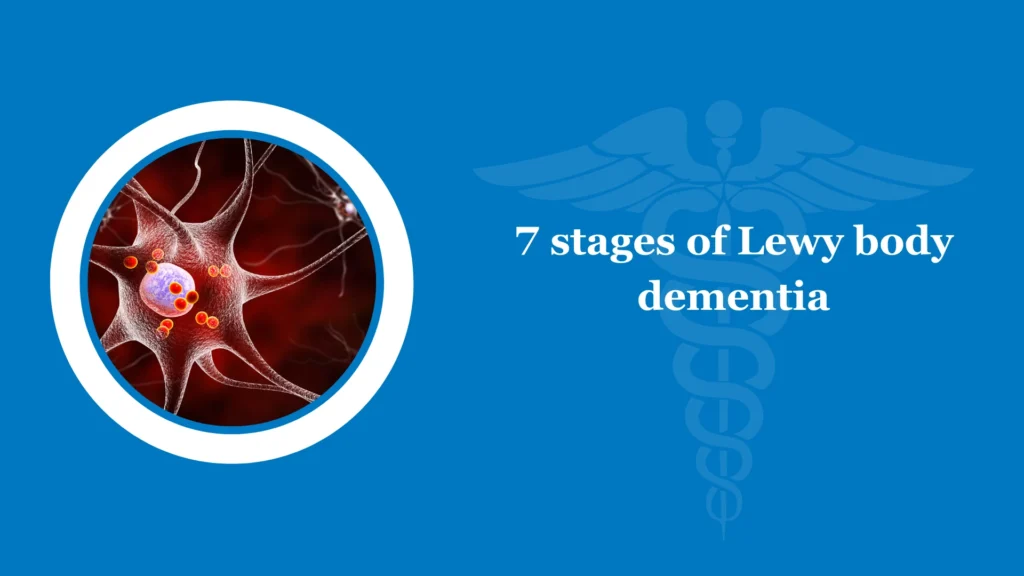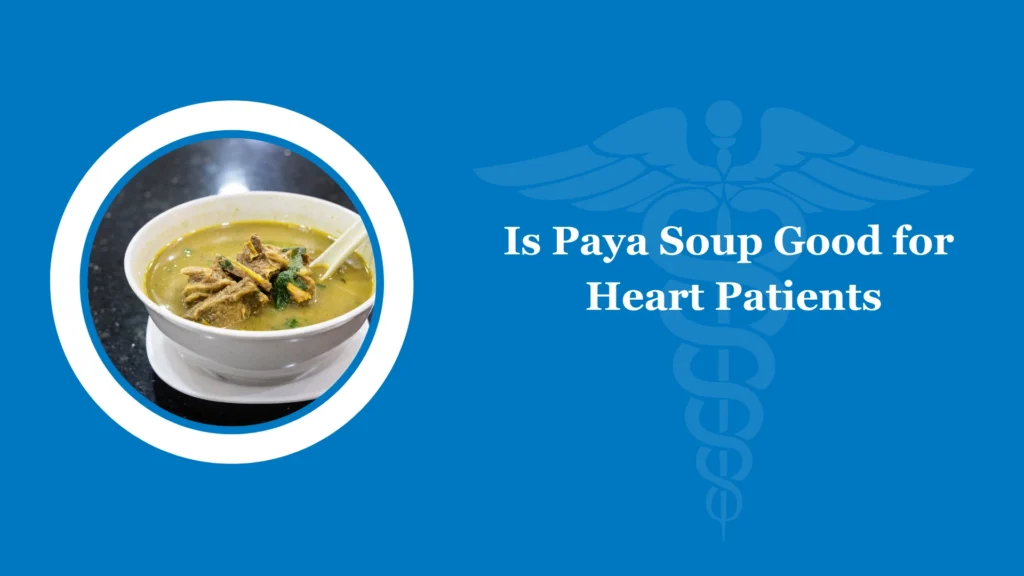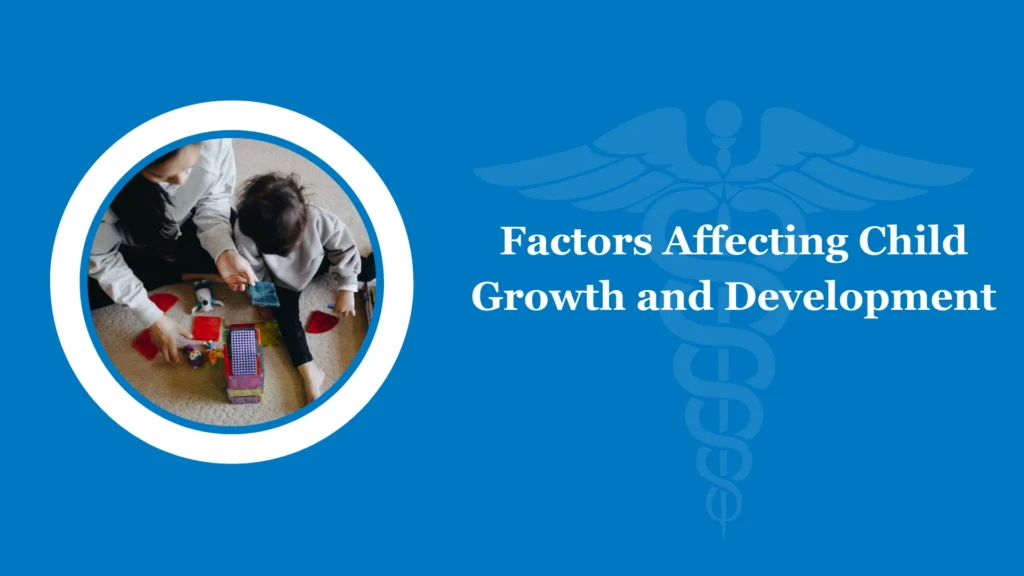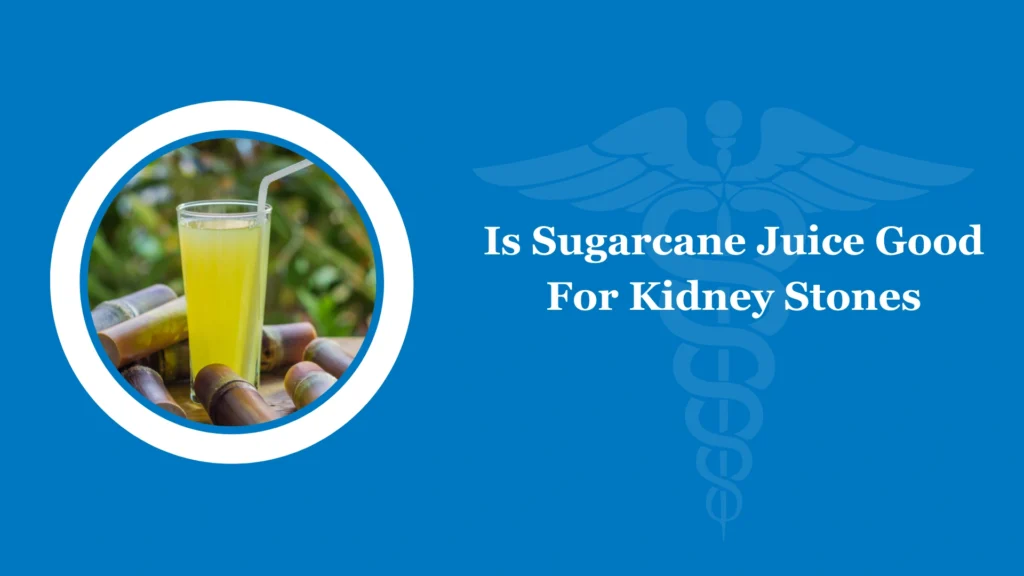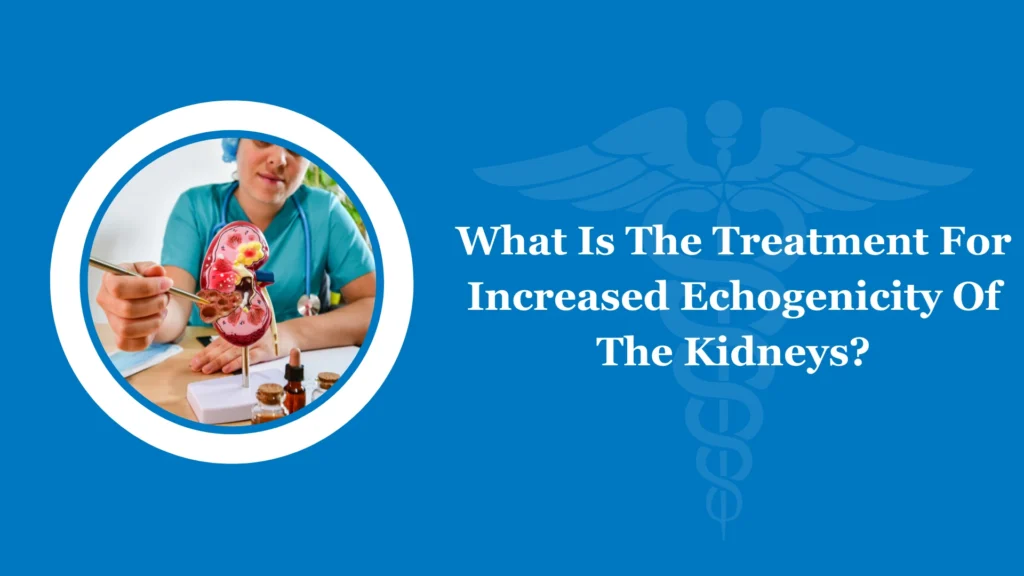Congratulations on reaching this successful stage. After the transfer of the embryo in IVF, this is the first phase of IVF treatment denotes the beginning of IVF pregnancy.
The dream of your pregnancy becomes true in your life after all the challenges that you have faced.
As your excitement starts, you need to wait for the confirmation of your pregnancy news, which may take around two weeks from the embryo transfer. Undergoing this treatment, you must follow the precautions below and take care of certain aspects.
1. Relax and Follow Medical Prescription:
After embryo transfer, rest for at least 2-3 days. Certainly, don’t take bed rest or completely lie down. You don’t need to worry if your embryo will fall unless you keep your feet up.
After embryo transfer, your body will undergo hormonal and physical changes, so bed rest is highly recommended.
How do you relax yourself? You can go with yoga and simple exercises after consulting with your specialist.
Avoid too much stress after embryo transfer. Avoid strenuous activities such as lifting heavy weights, listening to music, and engaging with your hobbies, family, friends, or loved ones.
Take prescribed supplements and medications. Usually, 12 days after embryo transfer, women will undergo progesterone and continue till their pregnancy test. Don’t skip or forget to follow your medications.
2. Eat a balanced diet and stay hydrated:
After the embryo is transferred, you will be responsible for your baby’s health, so it is more important to take care of yourself. If the mother is healthy, the baby will become healthy in the following months.
Add foods rich in calcium, iron, zinc, folic acid, protein-rich food, vitamin B, etc. Start taking green leaf vegetables, fruits, nuts, grains, and fish over red meat. Other than this, it can be prescribed by your doctor.
Add prenatal care to your routine, even though you are consuming healthy foods. Drink more water and add healthy juices to keep your body hydrated
3. Start taking a daily folic acid supplement:
A study says that your body needs 400mcg of folic acid daily, so you can take folic acid tablets regularly. This supplement is one of the essential things that you need to do during your pregnancy.
folic acids are included in Prenatal vitamins. Women who are at high risk of developing abnormalities are suggested to take more dosage of folic acids which is prescribed by a doctor.
Vitamin B9 supports fetal neural development & prevents neural tube defects. It will help to reduce the possibility of birth defects in the unborn.
4. Avoid excessive physical activity
Avoid strenuous activities during your pregnancy period, as this will impact your mental and physical well-being.
Precautions that you need to follow after embryo transfer in IVF:
- More physical exertion can impact your child’s development & it may result in pregnancy complications.
- Don’t do activities like bending, jumping, jogging, swimming, or lifting heavy weights during pregnancy.
5. Avoid Sexual Intercourse
After embryo transfer, it is essential to avoid intercourse for some time, at two weeks. Since your embryo is growing, your reproductive system needs “pelvic rest.” Sometimes, it will result in loss of pregnancy.
Sexual activities will result in pressure on the uterus, causing constant uterine contractions. These contractions can disturb the embryo present in the uterus and interfere with embryo development and implantation. Sometimes, it will result in loss of early pregnancy.
You can consult with your specialist after the embryo is transferred about how long you will need to keep away from sexual intercourse.
6. Do not overlook troubling symptoms
Sometimes, women who have had hormonal therapy for a long time may get Ovarian Hyperstimulation Syndrome (OHSS). Ovaries get inflamed and painful, it causes mild to severe symptoms.
OHSS symptoms:
- Nausea
- Several abdominal pain
- Diahorrea
- Vomiting
- Bloating in the abdominal region
Though you have these symptoms, they are mild sometimes. If your stomach feels bloated or has abdominal pain, you need to consult with your doctor immediately.
7. Avoid harmful chemicals and heat
During your pregnancy, maintain proper body temperature and keep yourself hydrated. Need to avoid exposure to heat, such as steam baths, and saunas, hot tubs. Also, avoid hot foods & spicy which can increase your body temperature.
Heat in the body affects the uterus and can interfere with embryo implantation, fetal development, and pregnancy hormones.
What is the temperature you need to maintain? Normally, a human body temperature can increase to 108 degrees Fahrenheit.
You can maintain the temperature at an average of (96-99.5 degrees Fahrenheit). Your temperature should not cross around 102-103 degrees to avoid the issues mentioned above.
Precaution to avoid hot temperature foods( it can increase body temperature)
- Spicy foods, caffeine, sesame seeds, black pepper, alcohol, papaya, spinach, broccoli, onion, ginger, and garlic.
- Certain types of meat and fish.
Please avoid Endocrine Disrupting Chemicals EDC chemicals, as they usually affect the body’s placental function, hormones & baby growth in utero.
EDCs are present in household products like phthalates, bisphenol BA, triclosan, and paraben, reducing your exposure to them. Choose using paraben-free, chemical-free, BPA-free, EDC-eliminated products. You can consult with your physician if you need more clarification on this.
Conclusion:
After embryo transfer in IVF, follow the healthy precautions as discussed in this article. Hope this will help you to have a clear idea if you are undergoing the IVF treatment.
After your embryo transfer in IVF, make sure you follow the precautions to rest, eat healthy foods, and reduce physical and mental stress. If you have OHSS symptoms or any other symptoms felt in your stomach, take quick action to consult with your doctor.
FAQs:
1. How long to rest after the embryo transfer?
After embryo transfers, the first two hours are critical. At this time, the embryo attaches to the uterine wall. You need to complete the first two days for successful implantation.
2. What are the positive signs of embryo transfer?
After embryo transfers, the embryo gets implanted. Women can get the following signs: nausea, breast soreness, fatigue & tiredness, increased frequency of urination, abdominal cramping, and slight vaginal spotting.
3. How many days after embryo transfer does hCG rise?
HCG levels are traditionally measured after missing menses in natural conception or 10–14 days (two weeks) after embryo transfer in IVF cycles. You can take a urine test to confirm pregnancy.
4. What foods should be avoided after embryo transfer?
Food to be avoided after embryo transfer: caffeine, spicy food, ginger, onion, broccoli, alcohol, sesame seeds, papaya, garlic, spicy food, and black pepper.
Avoid hot and spicy food that increases your body temperature.
